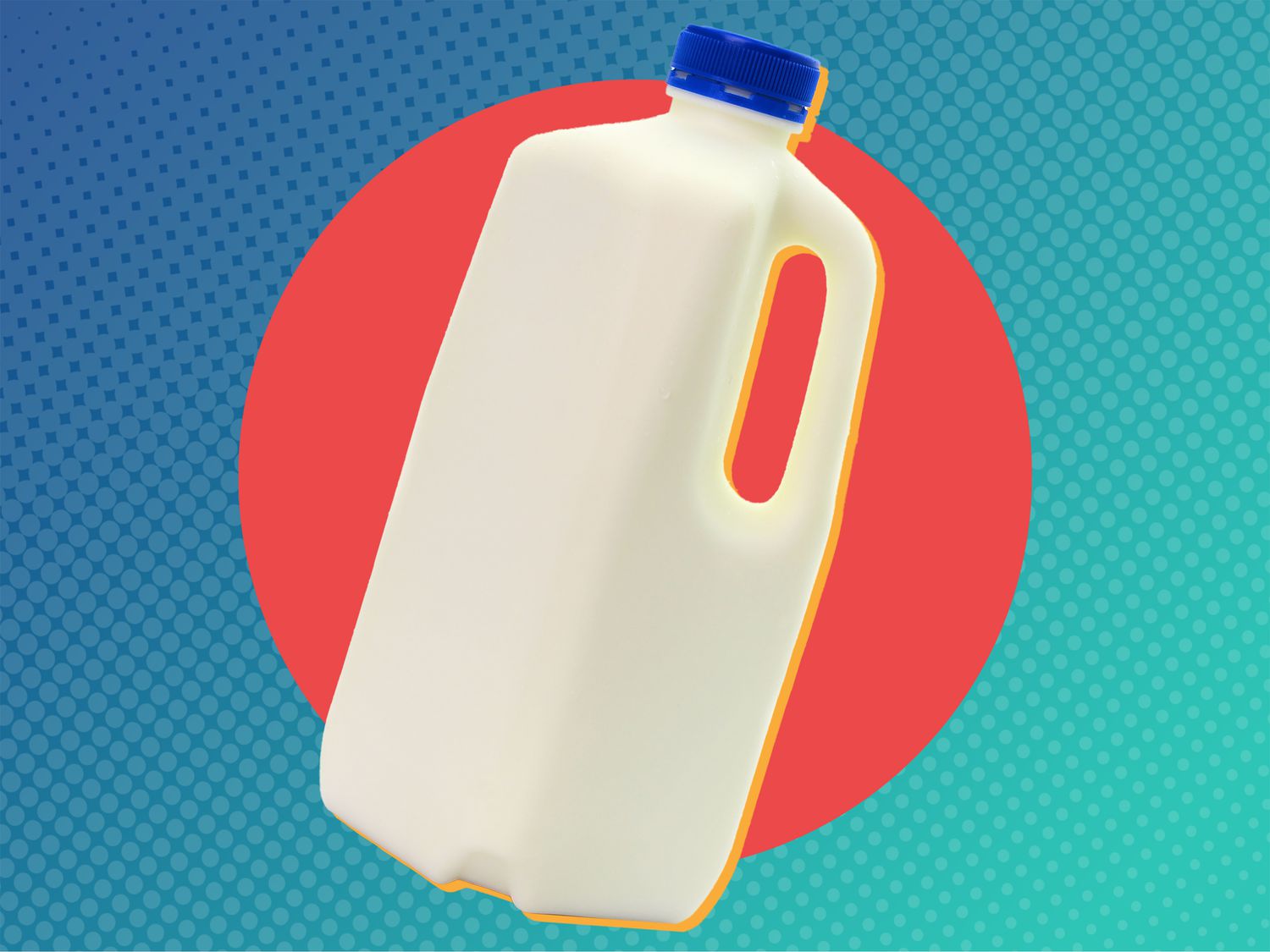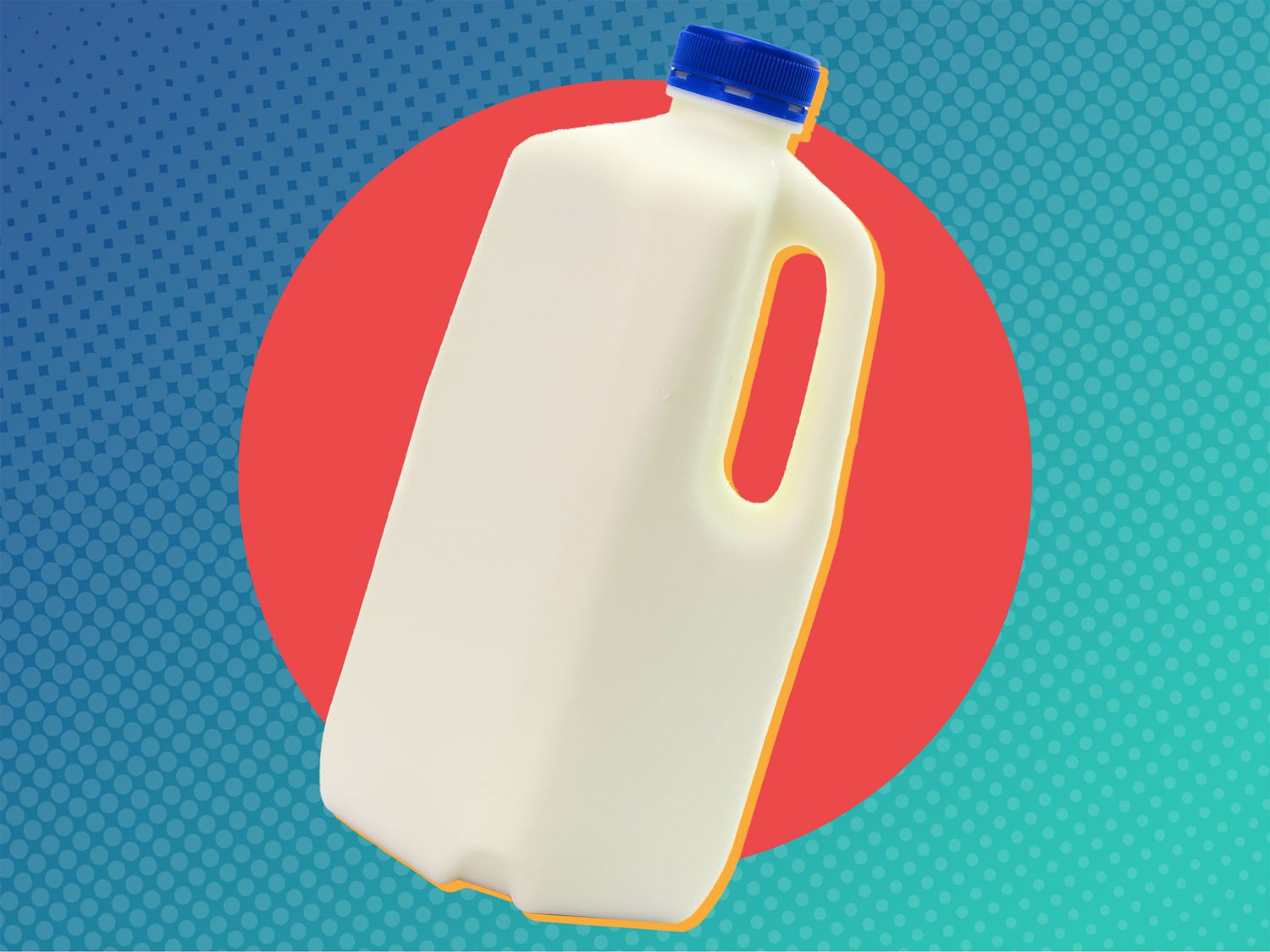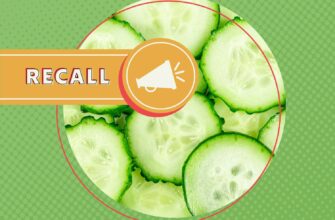Close


Credits:
Adobe / Allrecipes
Consumers look to the Food and Drug Administration (FDA) for guidance and oversight regarding a number of issues, including food safety. However, recent staff reductions and budget cuts have sparked discussion about the agency’s ability to fulfill its mission as it continues to operate at a reduced capacity.
As talk of additional reductions looms, it has been revealed that a FDA program that tests milk quality has now been suspended.
The FDA Is Suspending Milk Quality Testing
On April 21, the FDA suspended one of its programs that oversees the safety of dairy products nationwide. This week, Reuters reported on an internal email addressed to “Network Laboratories” from the FDA’s Division on Dairy Safety stating that the Moffett Center Proficiency Testing Laboratory is “no longer able to provide proficiency testing and data analysis.”
This change is due to reduced capacity in its food safety and nutrition division. The suspension includes quality testing for Grade "A" milk, which has the highest sanitary standards, and includes both raw milk and finished products, such as pasteurized milk and cheese.
This news comes after it was announced earlier this month that the FDA would also be suspending the programs that oversee testing accuracy regarding avian flu in milk, as well as parasites such as Cyclospora, which can affect raw milk. It is believed that the suspensions are the result of staff shortages after nearly 20,000 U.S Department of Health and Human Services (HHS) employees were terminated in March.
When Will Milk Testing Resume?
It’s unclear what, if any, effects the disruption will have on consumers. However, the pause is expected to be temporary. Emily Hiliard, Deputy Press Secretary for HHS, told Allrecipes in a statement that testing is expected to continue once the department’s transition is completed.
"The Food Emergency Response Network Proficiency Testing Program is currently paused but will resume once transferred to another FDA laboratory—an effort that is actively underway," Hiliard continues, "In the meantime, state and federal labs continue to analyze food samples, and FDA remains committed to working with states to protect the safety of the pasteurized milk supply."
At present, no official timeline has been given regarding the program’s resumption.
How Do You Know Your Milk Is Safe?
The FDA says it will continue to work with state and federal labs to ensure food safety. Additionally, prior FDA research has shown that pasteurization is effective in killing the H5N1 (Avian flu) virus, and the Centers for Disease Control (CDC) states that “consuming raw milk can lead to serious health risks, especially for certain vulnerable populations.”
Consumers can additionally seek brands that utilize independent, third-party testing. Some milk brands have their products evaluated by third parties to ensure they meet safety standards and are free from viruses and bacteria, even beyond what state and federal guidelines require. This information is typically available on the brand’s website, but if you can’t find it, don’t hesitate to reach out to the company for more information on its internal testing practices. A USDA Organic certification does not necessarily mean a product is safer or that it has undergone additional food safety testing.
In the meantime, it’s also crucial to stay up to date on recalls and public health alerts on the FDA and USDA websites.
Explore more:
Was this page helpful?
Thanks for your feedback!
Tell us why!
Other
Submit








